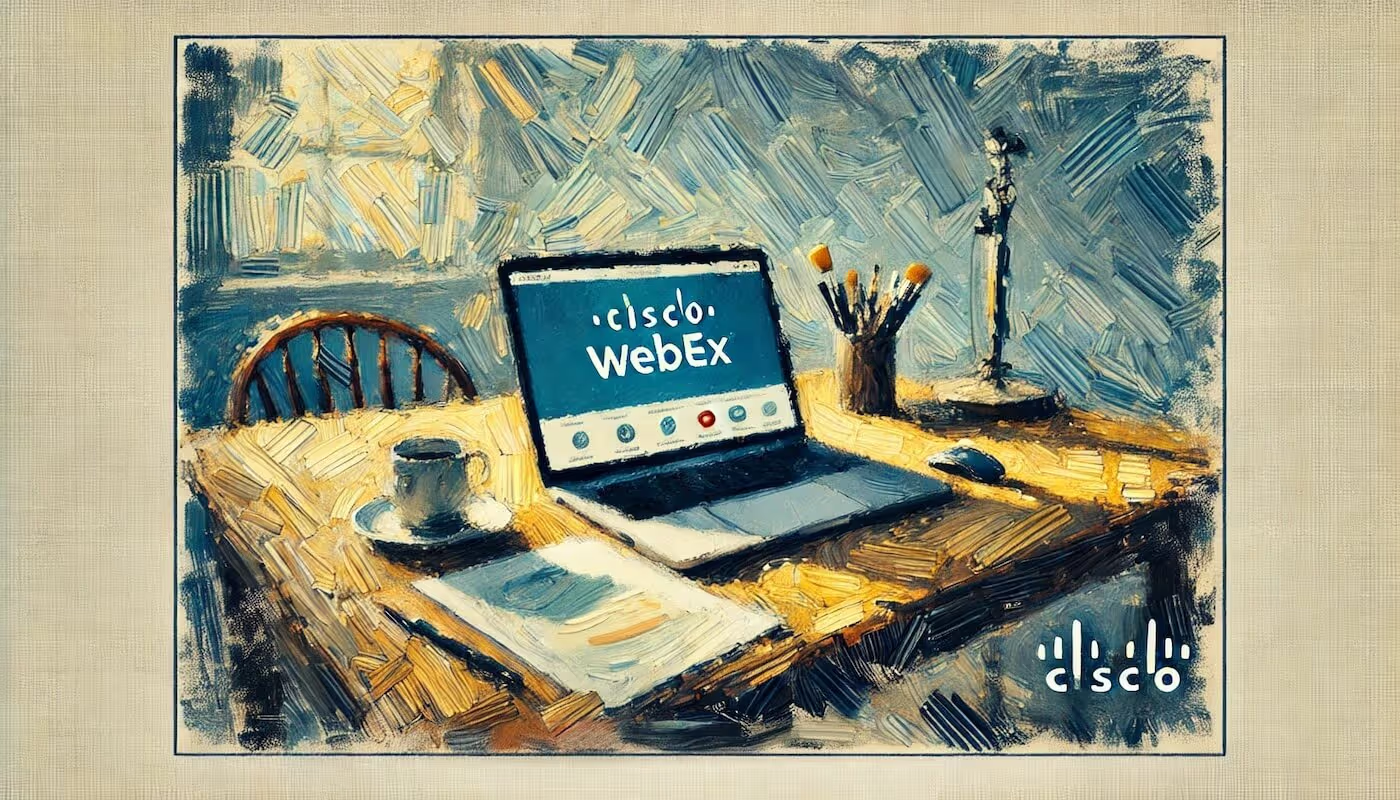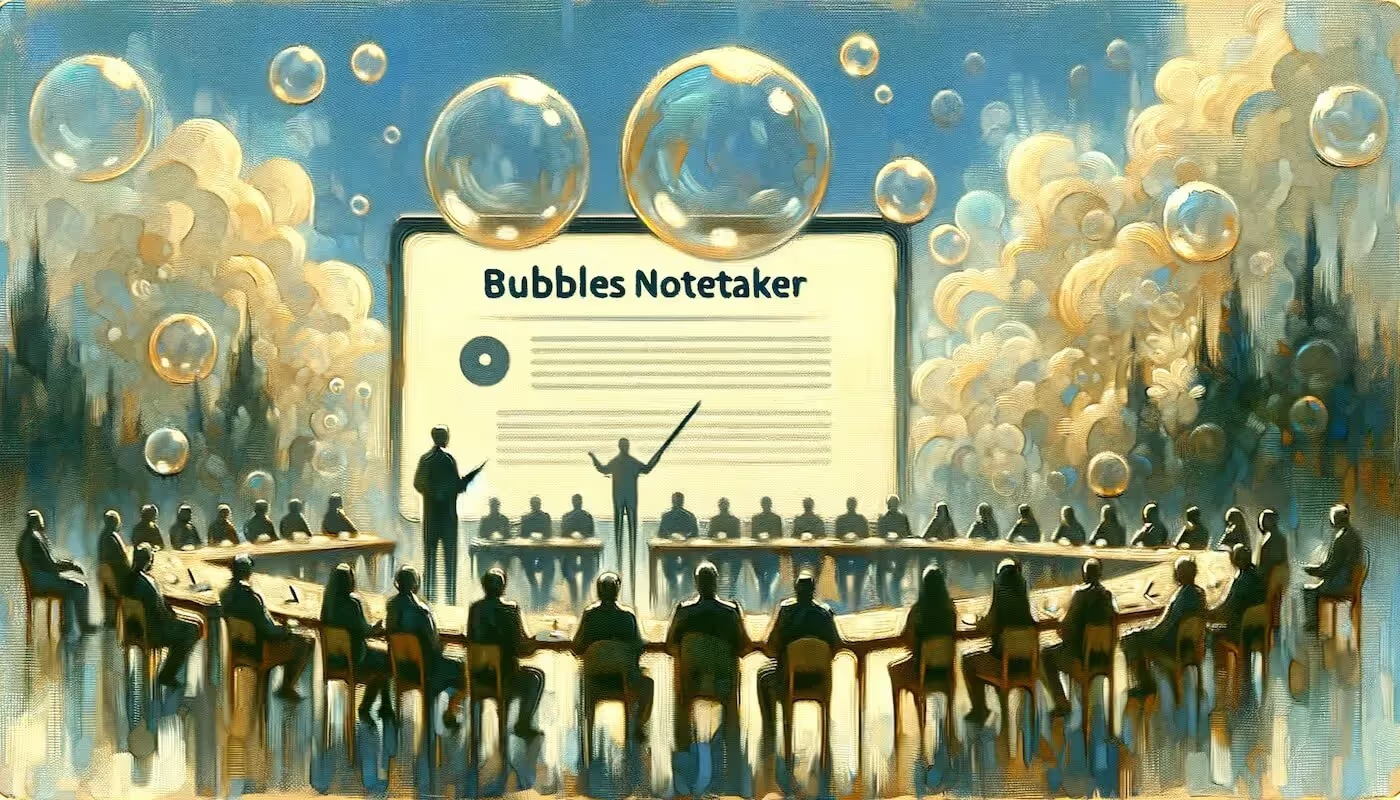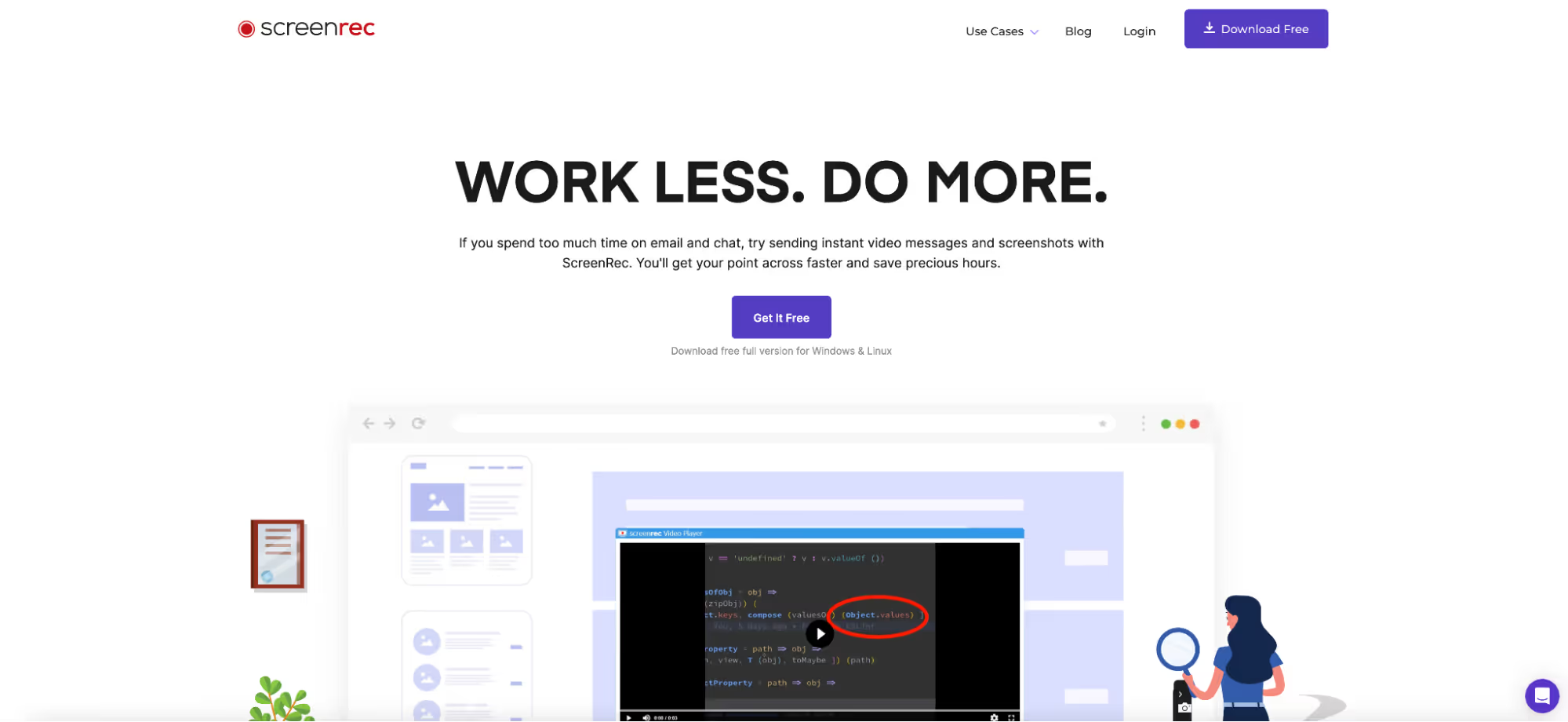
Remote Work Statistics + Trends 2024 (U.S. Specific + Podcast)
Get a feel for how remote work is evolving in the USA with our data driven deep dive.
Key Takeaways & Statistics
Remote Work's Growing Popularity
- Approximately 14% of the U.S. workforce—roughly 22 million people—is now fully remote. This trend is no longer a niche but a significant shift in how work is conducted.
- The desire for remote flexibility is overwhelming, with 98% of workers expressing a preference to work remotely at least part-time.
Generational and Educational Trends
- The 24–35 age group leads the remote work revolution, reflecting their comfort with technology and preference for flexibility.
- Remote work is more common among those with advanced degrees, highlighting the knowledge-based nature of many remote-friendly roles.
Industries Embracing Remote Work
- 68% of tech professionals are working remotely, underscoring tech's role as a trailblazer in this shift.
- Other traditionally office-centric sectors, like accounting and finance, are also transitioning to remote models. Interestingly, "accountant" was identified as one of the top remote job titles.
Why People Choose Remote Work
- 71% of remote workers say flexibility helps improve their work-life balance. From eliminating commutes to creating time for personal priorities, remote work empowers employees to design a life that works for them.
- On average, remote workers save 72 minutes daily by avoiding commutes, translating to reduced stress, cost savings, and increased productivity.
Challenges of Remote Work
- 69% of remote workers report experiencing burnout, often due to blurred boundaries between work and personal life.
- Social isolation remains a hurdle, with 53% of remote workers finding it harder to connect with colleagues compared to in-office environments.
- Cybersecurity remains a pressing issue, with 73% of executives viewing remote workers as a security risk.
Company Responses and Innovations
- To combat burnout, companies are implementing well-being programs, encouraging boundary-setting, and offering resources to support mental health.
- Social engagement is evolving, with strategies like virtual team-building, in-person meetups, and collaborative online tools aimed at fostering connection.
- To address cybersecurity risks, organizations are investing in multi-factor authentication, employee training, and robust software solutions.
The Future of Remote Work
- Remote work is shaping the future of office spaces, with many transitioning into collaborative hubs rather than traditional desk-focused layouts. Features like lounges, soundproof pods, and outdoor meeting areas are becoming the norm.
- The traditional 9-to-5 office model is fading. Instead, hybrid approaches that balance autonomy with collaboration are emerging as the standard.
- Emerging technologies like virtual reality (VR) and augmented reality (AR) could redefine how we collaborate, creating immersive environments that blur geographical boundaries.
The Takeaway
Remote work is no longer just a trend—it's a transformation reshaping how we define work itself. While it offers unparalleled flexibility and opportunities, addressing challenges like burnout, isolation, and cybersecurity will be critical. The future of work is all about choice, balance, and innovation, with employees and organizations working together to create environments that prioritize well-being, productivity, and connection.
Make your
meetings matter
Loved and trusted by 100,000+ users:
- Automatically Record and Transcribe Meetings
- Extremely Accurate Notes, Summaries, and Action Items powered by AI
- Works with Zoom, Google Meet, and Microsoft Teams
- Save time and follow-up with quick async videos
Simply connect your work Google or Microsoft Calendar to get started.
Podcast Transcript
Welcome back to the modern office. Can you believe we're already on episode 4?
Time flies when you're having fun. Right.
Right. Especially when we're diving into fascinating topics like we are this week.
Oh yeah. What are we looking at this time?
Remote work.
Oo, that's a big one.
It is. But we're going to focus on the data. You know, what do the numbers say about remote work here in the US?
Hard data. I like it.
I was thinking we could start with a little surprise just to hook people in, you know.
Sure. Do you have one?
Did you know that studies are showing A lot of people would actually take a pay cut just to work remotely full-time.
Yeah, I saw that. It's wild how much value people are placing on things like flexibility.
It really is,
right?
But before we get too deep into the why, I kind of want to know who these remote workers are. Like what do they look like?
Well, based on the latest research, it looks like about 14% of the US workforce is fully remote right now.
14%. So, not a small number then.
Definitely not. That's roughly 22 million people. 22 million. Okay, so clearly not just a fad. And I'm guessing that doesn't even include the people who are doing some kind of hybrid schedule, right?
You're right. That's just fully remote folks. It's estimated that a huge 98% of workers want to work remotely at least some of the time.
Wow. So, it's pretty safe to say most people want at least a little flexibility. Makes sense. Who wants to be stuck in traffic every day,
right? And when we break down the data even more, some pretty interesting patterns pop up. Like, for example, the age group that's really leading the way and embracing remote work is the 24 to 35 year-old.
The younger generation, I'm not surprised they grew up with all this tech. Working from anywhere is kind of s second nature to them.
Makes sense. But there are some things that aren't so rosy in the data. We have to talk about that gender gap. More men are working remotely than women.
Hm, that's interesting. What's causing that? Are certain industries that are more remote friendly, maybe more male-dominated?
Could be, but there are probably a ton of factors contributing to that gap. It's definitely something we need to be mindful of as this whole remote work thing keeps growing. We don't want to accidentally make existing inequalities worse.
Absolutely. Now, I'm curious about something else.
Do people with different education levels work remotely at different rates?
They do. People with advanced degrees are more likely to work remotely. Makes you think, huh?
Does I guess a lot of jobs that require advanced degrees are probably easier to do from home. You know, more knowledge based work and all that.
That's a good point. Okay, so we've talked about who's working remotely, but what about where these remote jobs are?
Yeah, where are they?
Well, no surprises here. Tech is leading the way. Research suggests that nearly 68% of people working in tech are remote.
Yeah, no surprises there. But are other fields going remote, too?
They are even fields that we normally think of as office jobs like accounting and finance.
Really? I wouldn't have guessed that.
I know. I was surprised, too. One study even said that accountant was one of the top remote job titles. Well, I guess even accountants need a break from the office sometimes.
Yeah. And I think it shows that remote work is going mainstream.
Okay, so we've covered who's working remotely and where they're working. But now the big question, why? Why are so many people choosing to work remotely?
Well, based on the data, it seems like the number one reason is flexibility. Like 71% of remote workers say it helps them have a better work life balance.
Wow. 71%. That's huge. I mean, think about it. No commute, more time with family, maybe even squeeze in a midday workout.
Exactly. Plus, remote work gives you a lot more control over your own schedule.
You know, it's funny when I think about it, I realize I work best in the morning. If I could set my own hours, I'd be so much more productive,
right? It's all about finding what works best for you. Plus, there are the cost savings. Remote workers save on average 72 minutes a day just on commuting.
72 minutes. That's over an hour. Think of all the gas money you'd save. Not to mention your probably less likely to grab that expensive coffee and pastry on the way to the office.
True, but you know, we have to be honest. Remote work isn't perfect.
Yeah, there are some downsides. Like what?
Well, for starters, there's the risk of burnout.
Oh, I felt that. It's hard to switch off when your home is your office.
Exactly. And you're constantly bombarded with emails and messages. Studies have found that around 69% of remote workers experience some level of burnout.
69%. That's a lot. So, how do we combat that? I mean, it's obviously important to set boundaries, but how do you do that when work is always right there?
It's tough, but setting clear work hours and sticking to them can really help. And making sure you take breaks throughout the day, you know, get away from the computer screen.
Yeah, a change of scenery can make a big difference. What about the social aspect? I imagine it can be tough to connect with co-workers when you're not seeing them every day.
You're right. It's something a lot of remote workers struggle with. 53% of them, in fact, say they find it harder to connect with colleagues.
53% % that's more than half. So what can companies do to help with that? I mean virtual happy hours are fun, but they don't really replace those casual conversations you have in the office.
True, but companies are trying different things. Some are organizing in-person meetups or retreats. Others are using online platforms to encourage social interaction.
Makes sense. Okay, let's not forget about cyber security. I mean, isn't it riskier having everyone working from different locations on different networks?
Definitely a valid concern. I mean, studies show that 73% of executives see remote workers as a security risk.
73%. Wow, that's high. So, what are companies doing about that?
Well, they're investing in more robust security software, implementing things like multiffactor authentication, and making sure employees are trained on how to spot fishing scams.
Okay, so it seems like companies are starting to get serious about the security aspect of remote work. That's good to hear. Yeah.
So, we've covered the who, the where, the why, and even some of the challenges of remote work
we have. But here's the million-dollar question.
Okay, hit me.
What does all of this mean for the future of work? Is remote work here to stay or is it just a passing fad?
That's the question, isn't it?
And honestly, based on the data we've looked at today, I think the answer is pretty clear.
You do. And what is it?
Pretty clear that remote work is here to stay. I mean, think about it. All these stats point to a pretty major shift in how we think about work.
Yeah. It's not just about where we work. It's about how we work. Like that whole 9 to 5 office only thing. It's fading away.
It really is. And it's not just workers pushing for this change. Companies are starting to embrace it, too. I mean, this shift to remote work, it's going to impact everything. Company culture, office spaces, even how we define work itself.
You're right. Like office spaces, they're not going to look the same anymore. Companies are turning them into these hubs for collaboration. You know, less about individual desks and more about shared spaces.
Yeah, I've seen some cool designs. Lounges, soundproof pods for focused work, even outdoor eating spaces.
Exactly. It's about making the office work for different styles. And then there's the cultural side, right? Companies have to figure out how to manage teams when everyone's spread out.
It's a whole new ball game. So, what are they doing?
Lots of things. Virtual team building, relying more on online tools, flexible work policies, all that stuff.
Makes sense.
Yeah.
But what about those downsides we talked about before? Burnout, isolation, all that. Are companies doing anything to address those?
Oh, yeah. They're getting more aware of that for sure. Lots of companies are setting up well-being programs, offering resources, training,
all about helping employees set boundaries and manage their workload.
That's good. It's got to be tough, right? Keeping that work life balance when your home is your office.
It can be, but those programs can make a difference. And on the security side, things are changing there, too.
Oh, yep. In what way?
Well, companies are taking it more seriously now. Investing in better software, multifactor authentication, training for employees on how to avoid those fishing scams.
Sounds like they're finally realizing that remote work is here to stay.
Yeah, they are. But now I'm curious about your take. Thinking about the future long term, do you think this shift to remote work will be good for workers?
You know, it's a tough one. I think it has the potential to be great, all that flexibility and autonomy, but there are challenges, too. Like, how do we make sure remote workers aren't missing out on opportunities, you know, promotions, mentoring?
That's a good point. And how do you build a strong team when everyone's miles apart? It's not easy.
It's not. But Hey, let's have some fun. Crystal ball time. What's your prediction 5 years from now? Are we all going to be working from our pajamas?
I doubt it'll be that extreme, but I do think remote work is here to stay. Maybe not for every job or every company, but it'll be a common option.
So, more of a hybrid approach then.
Probably. We'll see a mix. You know, some remote, some inoff flexible schedules. The key is finding the right balance. Flexibility with collaboration, autonomy with connection.
It sounds like the future of work is all about choice. which is pretty cool,
but how do we manage all this newness,
right? There are a lot of questions and technology is going to keep changing things, too. We've got virtual reality, augmented reality. Who knows what's next?
I know. It's exciting to think about. Virtual conferences from your couch, collaborating with people across the world in a shared virtual space. The possibilities are crazy.
They are. It's like we're making up the rules as we go.
And we get to shape the future of work. How cool is that?
Yeah.
Okay. So, we've talked about the present, the future, all the data.
We have,
but now I want to bring it back to our listeners. We've talked about all this data, the good and the bad. So, now I'm curious. What about you? Would you consider going remote?
That's a good question, right? We throw around all these stats, but it's really about how this impacts you, your work, your life.
Yeah, it makes you think. Are you happy with how things are now, or do you crave a little more flexibility? Maybe you're already remote and loving it.
Either way, I hope Our little deep dive here got you thinking about the possibilities.
We love hearing from you guys. So tell us, what do you think? Are you team remote, team office, or somewhere in between?
Head over to our social media. Let's keep this conversation going. Share your experiences, your thoughts, all that.
And hey, if you are thinking about making that jump to remote work, don't forget we've got tons of resources on our website.
Yeah, we've got tips on finding remote jobs, setting up your home office, even how to stay sane when work and life kind of blend together, all that good stuff
because at the end of the day, this is about creating a work life that actually works for you.
Exactly. And that's something we can all get behind.
Absolutely.
And that's a wrap on this episode of The Modern Office.
Thanks for joining us on this deep dive into the world of remote work.
Until next time, stay curious, stay connected, and keep those Zoom backgrounds fresh.
Collaborate better with your team
Get your point across using screen, video, and audio messages. Bubbles is free, and offers unlimited recordings with a click of a button.
.avif)
Collaborate better with your team
Get your point across using screen, video, and audio messages. Bubbles is free, and offers unlimited recordings with a click of a button.
.avif)













.avif)